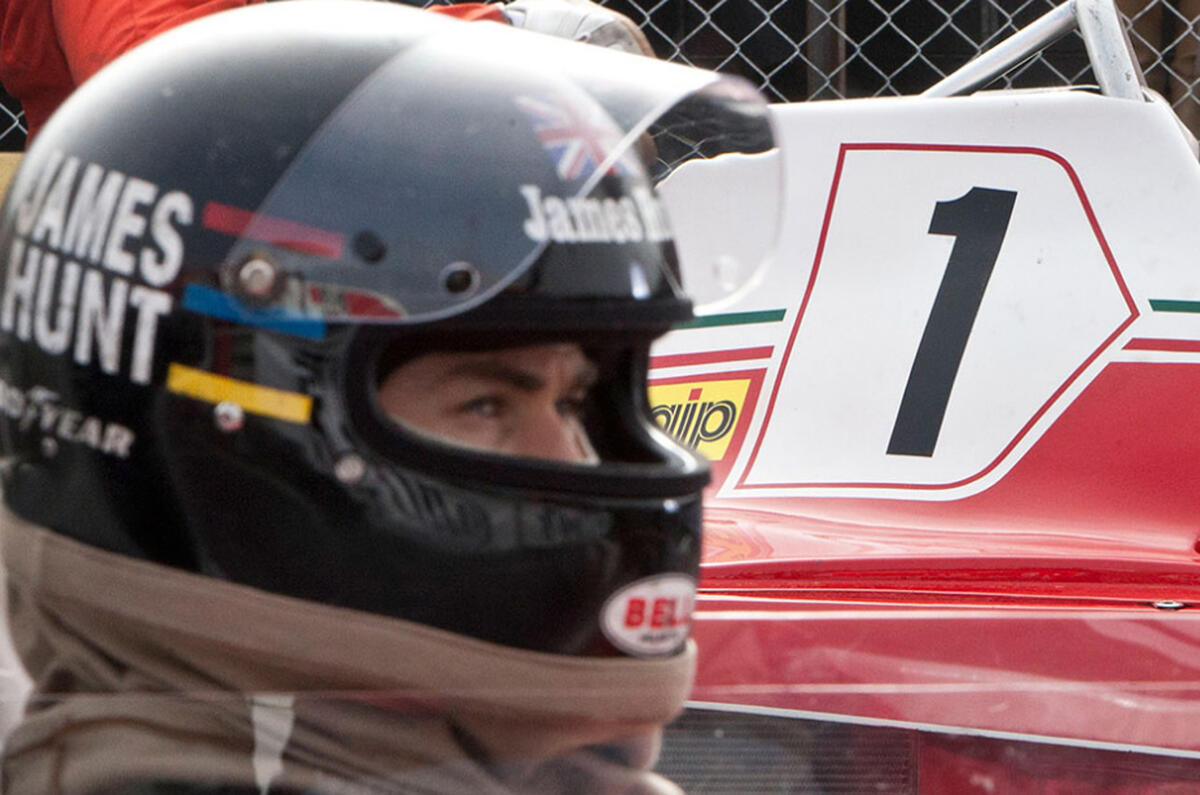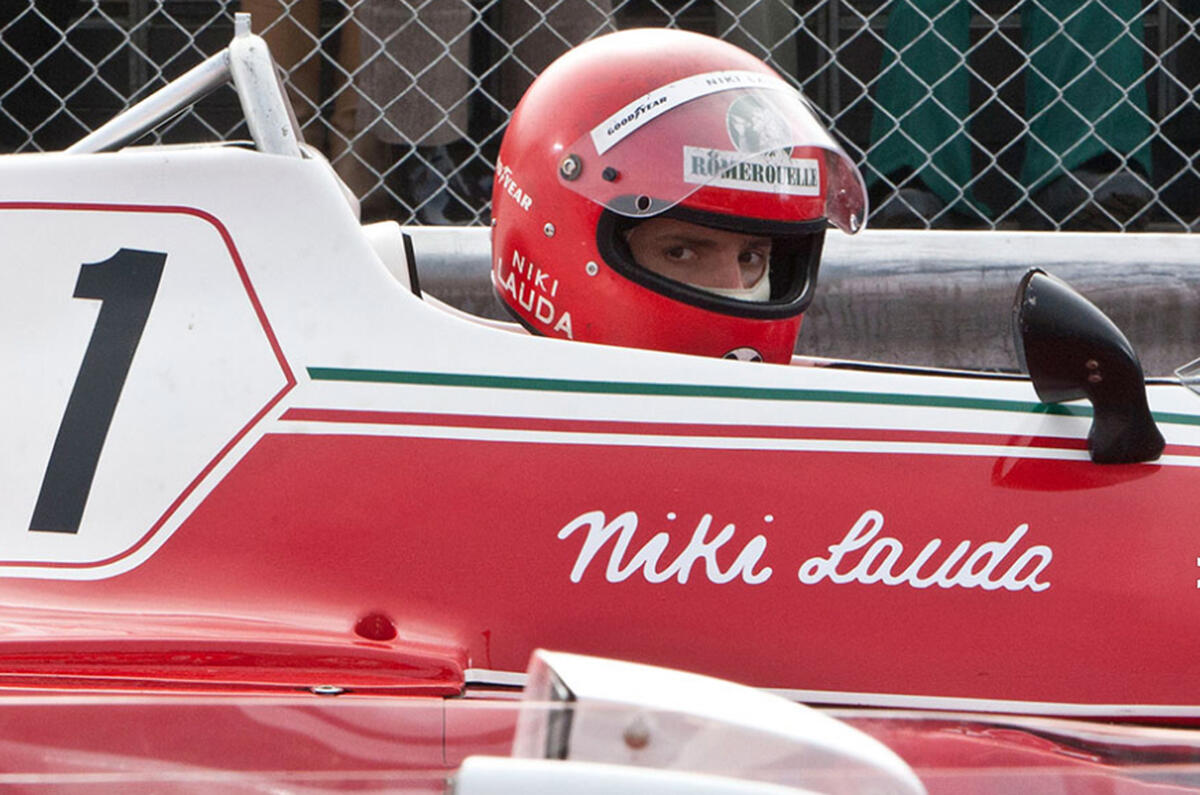Many of you will be familiar with the soon-to-be-released film Rush.
In short, it is Hollywood’s take on the epic 1976 Formula 1 season, in which James Hunt vanquished Niki Lauda.
Even before Hollywood’s intervention, it is a story that has everything: a charismatic world champion beating a less emotive, calculating Austrian, McLaren versus Ferrari, disqualifications, reinstatements, a last-round thriller and, of course, Lauda’s horrific Nürburgring crash and his subsequent recovery and return to the racing cockpit.
Fortunate enough to see the film at a preview night, I can heartily recommend it as two hours of pure entertainment. The story doesn’t stray too far from reality and, while some of the dialogue takes hamming it up to a new level and some of the action is beyond fake (a quick extra gearchange precedes every overtake), it is gripping throughout, both for the race fan and non-race fan.
But what particularly delighted me – and what is undoubtedly the true highlight of a film that could so easily have slipped in to celebrating Hunt’s heroic success at the expense of everything else – is the portrayal of Niki Lauda.
It would have been so easy to cast him as the villain of the piece, yet he emerges as the real hero of the season – and rightly so. Throughout, his character is elaborately built up, and brilliantly acted by Daniel Bruhl (who puts in a performance that is so spellbinding it only serves to highlight the shortcomings elsewhere).
There’s no airbrushing of the darker sides of Lauda’s character – the fact he bought his way into F1, that he regards racing as a business rather than sport, that he fears that falling in love and having fun will somehow detract from his ability to face up to risking his life to go as fast as possible.
Then comes the accident, and the graphic and sometimes gruesome portrayal of his injuries and recovery. At times it is eye-wateringly painful to watch, but you certainly leave in no doubt as to the determination and strength of Lauda – and a growing sense of warmth towards him. When he pulls out of the final race at Fuji, reasoning that the conditions are too wet to be safe, Hunt’s championship win becomes almost an afterthought.
Unfair on Hunt? Not really. He’s still portrayed as the hero of the hour. But all these years on, there’s no doubting that Lauda’s story is the enduringly brave one. Full marks to the film makers for taking the time to see it that way.







Join the debate
Add your comment
Lauda and The "Finger" in the same sentence?
Lauda an old fart? That old fart is still quicker and better driver then all of us together. Including the spoiled brat with RBR #1 car. You can't even compare drivers from that era (70's and 80's) with todays metrosexuals (Kimi excluded) with team orders and perfect-safe carbon tubs. Lauda survived to tell the story - with a tons of sarcasm on his behalf. SV is just a mediocre driver in a perfect car who can only scream YES BABY and WE DID IT. You can learn a lot about life, wisdom and survival from Niki, from SV you can learn... wait.... I'll get to that... eventually...
Niki Lauda has always been
Niki Lauda has always been arrogant and self-opinionatd:possibly essential qualities if you wanted to win two drivers championships with Ferrari at that time.
An arrogant,dull,reply to a blog,however,sets a new standard of boredom possibly unique in the history of free speech.I'm certain that Niki Lauda has more charisma in his little toe than the author of this drivel.
@Buckingham - I meant Lauda
@Buckingham - I meant Lauda is a boring old fart as a pensioner. Currently, all good rock stars and drivers have a God given right to be arrogant, otherwise just shut the fuck up. But honestly, I think Vettel is an old fart as well, even though he's a great driver.
What do you mean James Hunt
What do you mean James Hunt is dead.